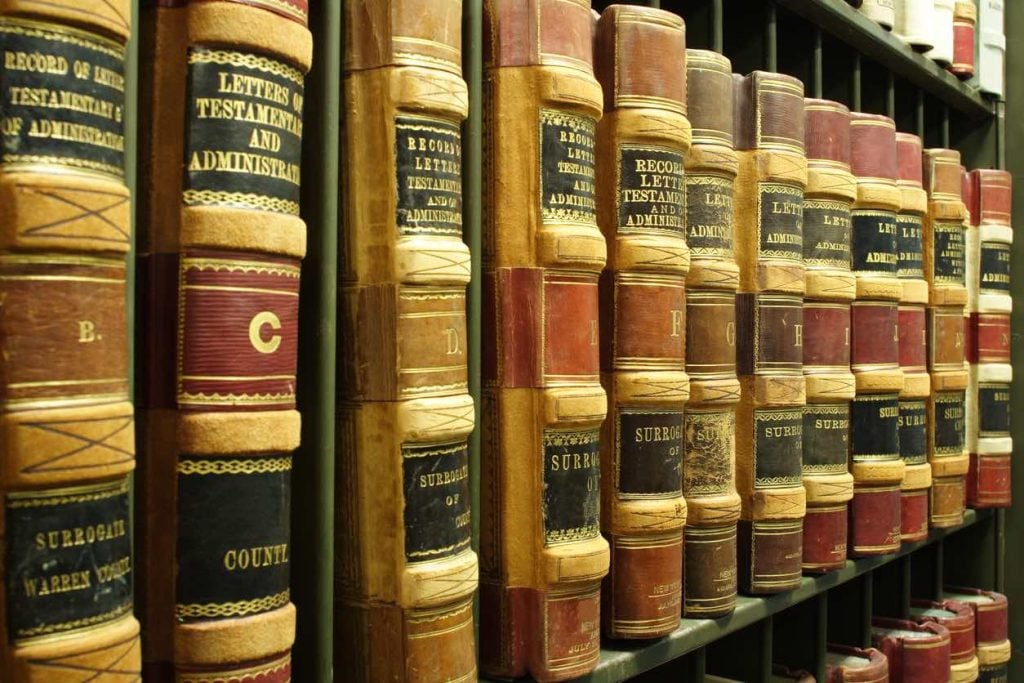The Criminal Code is the law governing criminal offenses in Canada. Most offenses are classified as either indictable or summary, and they have different penalties. Some offenses are obvious, while others are less obvious. Both categories involve an act of physical violence or mental disturbance, and the burden of proof is on the Crown Attorney. The Criminal Code is often abbreviated as the “Code” or simply “Cr.C.” If you find yourself being prosecuted under the Code it is indispensable that you hire an Edmonton Criminal Defense Lawyer.
Different Acts Governing Canadian Law
The Criminal Code is Canada’s federal statute. While it is the main source of criminal law, other important pieces of legislation fall outside of the Code. These include the Firearms Act, the Controlled Drugs and Substances Act, the Controlled Drugs and Alcohol Act, and the Food and Drugs Act. The Canadian Charter of Rights and Freedoms governs the laws on crime, and it is important to know your rights under the law.
The Criminal Code of Canada is the primary statute that governs the criminal justice system. While other acts of parliament may contain the criminal sanction for an act of misconduct, the Criminal Code is the primary statute. Provincial governments can create their offenses, but they will not be considered criminal convictions. However, the Canadian Constitution sets out the basic principles of criminal law. The Code provides a framework for all criminal law.
In Canada, the Criminal Code was originally enacted in 1892. Since then, it has not undergone any fundamental revision. The most significant changes were made in 1906 and 1927 when the Canadian Law Reform Commission was disbanded. The most important change in the Code occurred in 1996 when the Federal Crown’s office passed the Criminal Code Amendment Bill. The bill made significant changes in the way the Criminal Courts sentence criminals.
Advertisement
The Criminal Code is Canada’s primary criminal law statute. Other acts of parliament also have criminal sanctions. While the Criminal Code is the most important statute in Canada, it does not contain every crime. There are, however, other important acts of parliament that govern the criminal justice system in Canada. The most notable of these are the Firearms Act, the Controlled Drugs and Substances Act, the Food and Drugs and the Youth Criminal Justice Act. The latter separates juvenile offenders from older criminals and integrates them with children’s aid organizations.

When was The Criminal Code Enacted?
The Criminal Code was first enacted in 1892 and has never been fundamentally revised. Despite its age, the Criminal Act remains the most important act in Canadian criminal law. Other important government acts include the Controlled Drugs and Substances Act and the Highway Traffic Act. It is also possible to commit an offense in Quebec without breaking the Criminal Code, but the legislation does not apply in Quebec.
The Criminal Code is the primary criminal law statute in Canada. Other important acts of parliament include the Firearms Act, the Controlled Drugs and Substances Act, the Food and Drugs Act, and the Youth Criminal Justice and the Canada Evidence Act. Some important Canadian laws are the Youth Criminal Justice and the Firearms Act. A person can be arrested under any of these acts. The crime will be categorized as a violation of the law.
The Criminal Code is the primary criminal law statute in Canada. Other acts of parliament are also relevant to criminal law. Some of the important acts of government are the Food and Drugs Act, the Controlled Drugs and Substances Act, and the Youth Criminal Justice Act. In addition, the Criminal Code is the primary source of Canada’s substantive criminal law. The Code also has various statutes that regulate the conduct of individuals and organizations.
The Criminal Code contains the laws and regulations governing criminal activities in Canada. It is composed of different parts and general principles. The offenses are further grouped into different categories and crimes are usually prosecuted by the Provincial Crown’s office. The Federal Crown’s office prosecutes the Controlled Drugs and Substances Act. In addition to the Criminal codes, the other statutes of the country are also important.

